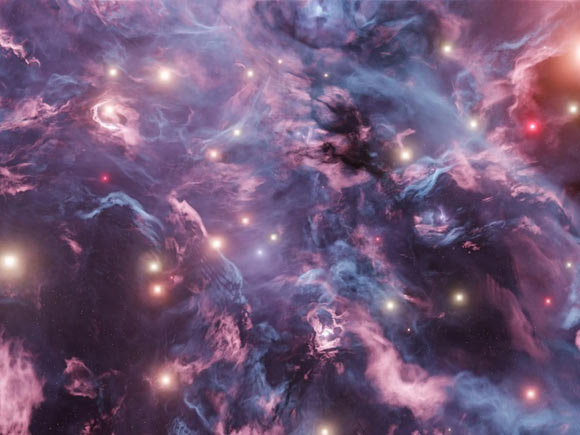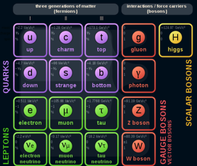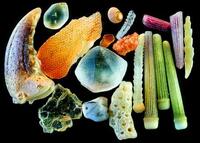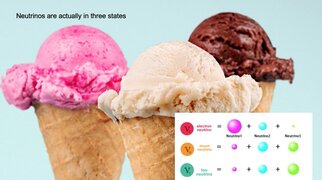We live in 3-dimensional Space, and add Time as an extra dimension for convenience (it exists, doesn’t it, and seems to exert pressure on other things that exist). Somewhere in the social cooking pot, aspiring to 5D has become an ingredient of merit. The numbers, however, tell a different story. 3,6, 9 and 12 give a code of reference to Infinity. Just look up their times-tables.
History has told us that we face a continual problem with size. Scriptures recall event after event of human interface with deities and direct communication with the unseen. Scientists think they are really huge - they put us at the centre of the Universe for a long time, then our planet revolved around the Sun, and now when someone looks through the Hubble Telescope they think we could be alone in the cosmic expanse. All the while, esoteric observations, evidence and experiences have been plundering our spacetime occupation in the form of personal encounters, ancient monuments created by highly questionable means, crop formations clearly carrying messages nobody has bothered to decipher, and scrolls (Dead Sea and more recently a set from Egypt) that have completely failed to see the social light of day.
We have a strong communal sense of urgency, as if time is running out. We know we should be more advanced by now, and that the planet is suffering at the hands of our species. Fermi’s Paradox tells us that civilisations commonly reach a point of singularity whereby they implode on themselves before they can step out of their planetary (or dimensional) zone. Goldilocks is a solar band of life induction and a fairytale, but for us it was the fairytale first.
Star Trek has seen a number of its inventions realised in our lifetime - sliding doors, mobile phones and computers that we can talk to. Warp Drive might be a long way off but the positronic android is on the cusp of creation, quantum computers are around the corner and teleportation is being experimented with as we speak. Gene Roddenberry fought hard to get Star Trek aired and stayed with the show until the day he died, showing similar commitment to that of Einstein and other great minds who spent their lives on a quest that is difficult to trace beyond the realms of imagination.
Now we are here in a template of conditioning wherein we’ve had no teaching about our placement in the Universe or how to handle ourselves as life forms, quantum laws withstanding. Subsequently we are mess of insecurities, anxieties, depressions and other realisms that psychologists are trying to squash into boxes while science stumbles on with the numbers and religious factions suppress the information that would probably have them severely reprimanded for crimes against humanity.
Should you wish to discuss the implications and applications of this situation, please get in touch with [email protected] - you just have to cut and paste.

















 RSS Feed
RSS Feed
